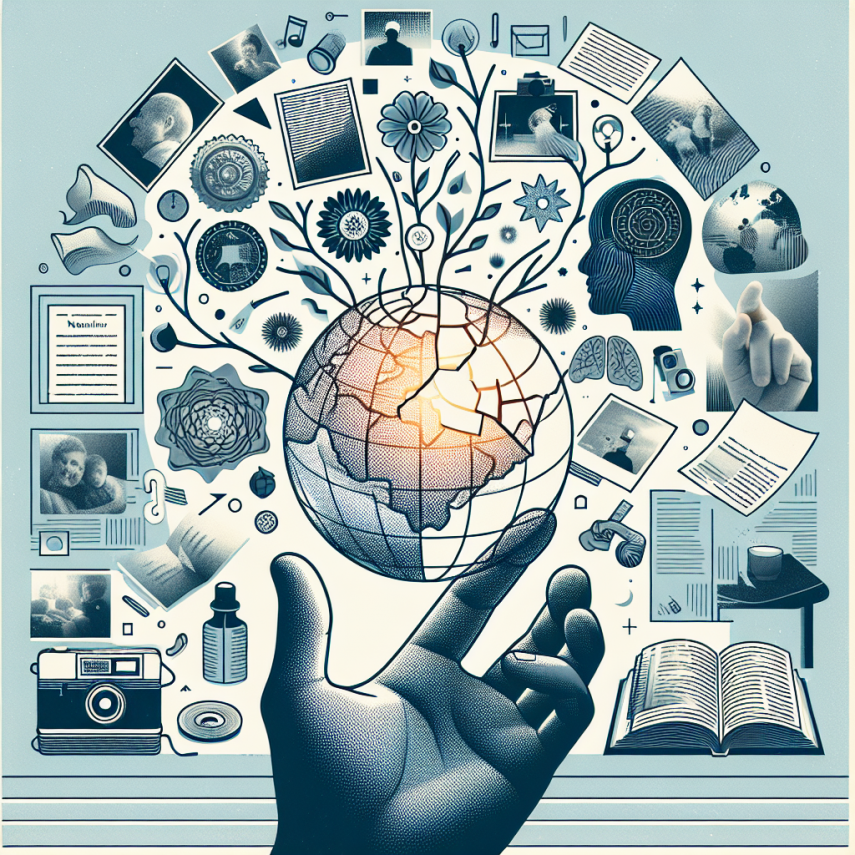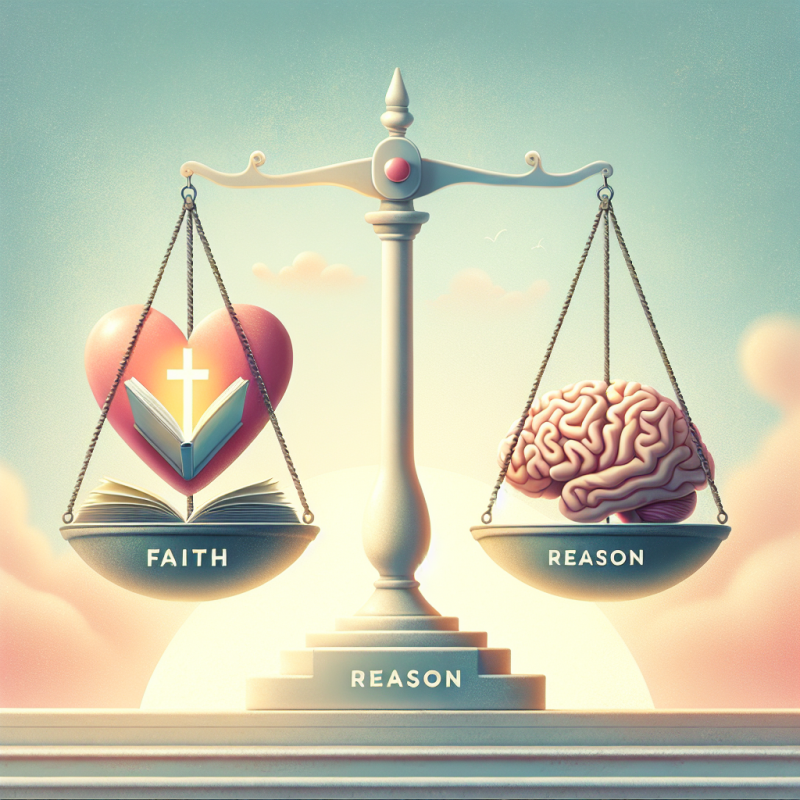“`html
The Fragile Nature of Belief: What Memory Teaches Us About Faith and Conviction
Belief systems, such as religious faith, political ideologies, or personal convictions, often seem unshakable. Yet, when we consider the malleability of human memory and how experiences—or even false ones—shape our identities, we uncover startling insights into how beliefs take root. In reflecting on this, I’ve come to appreciate how both our memories and our spiritual journeys intersect, creating a complex mosaic of what we understand to be true.
Understanding Memory’s Influence on Belief Systems
Memory plays a foundational role in forming and sustaining belief systems. It’s fascinating yet disconcerting to learn that our memories aren’t as infallible as we might imagine. Research by cognitive psychologists has shown how easily false memories can be implanted, especially when authority figures or repetition are involved. This mirrors how group dynamics and societal pressures shape belief systems, including religious practices, political ideologies, and even personal ethics.
For instance, experiments have demonstrated that belief in past experiences can be shaped by methods such as repeated storytelling or the introduction of authoritative “evidence.” Consider what this means for individuals who grow up in faith communities where certain narratives are emphasized repeatedly. The stories we hear as children, compounded with ritual and repetition, form the bedrock of our convictions. Does this make those beliefs less authentic? Not necessarily. Instead, it highlights how experiential memory intertwines with faith to create something deeply personal and often enduring.
< >
>
The Role of Repetition and Authority in Shaping Convictions
One particular insight I’ve encountered in both my professional and faith journey is the power of repetition in solidifying ideas. Just as I’ve seen how technical skills are mastered through practice, similarly, spiritual truths or cultural norms become entrenched through sustained reinforcement. When a memory—whether true or false—is repeatedly revisited, it grows in vividness and emotional weight.
In matters of faith, repetition plays a vital role. Key scriptures, like Jesus’ parables, are repeated frequently to young believers. For example, The Parable of the Sower (Mark 4:1–20) is revisited in many sermons not just to teach about spiritual growth, but to weave a deeper commitment to the truth of God’s Word. This repetition, combined with reverence toward scriptural authority, cements beliefs and motivates individuals to form life practices grounded in those teachings.
“Faith comes from hearing the message, and the message is heard through the word about Christ.” – Romans 10:17
The beauty here isn’t in questioning the authenticity of faith but in recognizing how cognitive processes like these reinforce spiritual conviction as part of a healthy journey toward truth.
<
>
Lessons from False Memories: How Faith Can Resist Manipulation
While research highlights how easily false memories can be implanted, it also serves as a cautionary tale for believers. Faith communities, like any group, aren’t immune to the dangers of manipulation. Totalitarian regimes of the past, as well as modern cult movements, have leveraged repetition, authority, and group pressure to instill false belief systems. Protecting against such manipulation requires discernment, humility, and a grounding in what is truly biblical and Christ-centered.
For example, the memory researcher Elizabeth Loftus demonstrated how false memories—sometimes about deeply personal events—can be successfully implanted in people through repetition and suggestion. In one study, participants were convinced they experienced a convincing yet fabricated childhood event, like getting sick from strawberry ice cream. The implications for belief systems are significant. If human memory is so malleable, how can we trust our convictions?
Three Steps to Build Resilient Faith
To resist the pitfalls of manipulative memory distortion, Christians and other believers can strengthen their convictions in authentic ways:
- Ground beliefs in Scripture: Regularly reading, studying, and understanding God’s Word provides an unwavering foundation for faith. The Bible teaches us to be cautious of “every wind of doctrine” (Ephesians 4:14).
- Seek accountable community: Engage with a diverse spiritual community, where ideas and interpretations are challenged and refined. Healthy debate strengthens belief and reduces susceptibility to groupthink.
- Pray for discernment: Ask God to grant a discerning spirit, as James 1:5 promises wisdom to those who ask. Faith fortified through prayer becomes resilient to external pressures.
< >
>
A Broader Perspective: Memories, Faith, and Transformation
Memory isn’t just about recalling the past—it also shapes our understanding of who we are in the present. In Christianity, personal transformation often hinges on divine recollection. The Bible frequently calls upon believers to “remember” God’s acts of faithfulness, from the parting of the Red Sea (Exodus 14) to Christ’s sacrifice on the cross (Luke 22:19). These remembrances define our faith.
Yet we must also recognize the fragility of human memory. This duality, I think, aligns with the paradox faced in past blog discussions, including “Why This Isn’t the Best Possible World and What It Reveals About God’s Purpose.” As we navigate this imperfect world with fallible memories, we are called not just to examine our beliefs but also to trust in the unchanging truth of God’s Word. Faith grounded in God’s grace, rather than human constructs, will endure even in a world of distorted recollections.
< >
>
Closing Reflections
As someone who balances both technical work in machine learning and a commitment to faith, I find it humbling to consider how intertwined faith and memory are. Just as algorithms require careful calibration and data integrity, so too must our spiritual beliefs be regularly reexamined in light of scripture and divine truth. While the mechanisms of memory provide cautionary lessons about potential distortions, they also remind us of the redemptive power of Christ to renew our minds (Romans 12:2).
Ultimately, our convictions are not merely a product of our memories but a reflection of the eternal truths that transcend them. Even if human memories are fragile and susceptible to distortion, God’s truth remains immutable, offering believers an anchor in an ever-shifting world.
Focus Keyphrase: Memory and Belief Systems
“`




This was a helpful read. Looking forward to more content like this!
Thank you for reading! I wrote this article to share my thoughts and insights. I’d love to hear your feedback and discuss further in the comments!